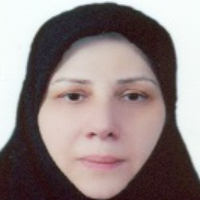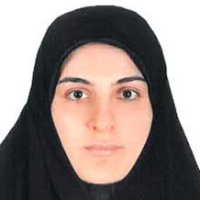The Structure of Muslim Social Relations through the Analysis of the Content of the Provincial Relationship in the Holy Quran
Author(s):
Article Type:
Research/Original Article (دارای رتبه معتبر)
Abstract:
The social relations of Muslim societies with other Muslim or non-Muslim nations are among the topics addressed in the verses of the Holy Qur'an. The need to demarcate issues related to Muslim relations in Islam and divine verses has been emphasized. Sometimes the boundaries are geographical and terrestrial, sometimes in social, political, cultural, and religious issues. Considering the necessity of religious and political demarcation of the Islamic Republic with the enemies and the necessity of obedience to the Holy Quran, the present study has examined the Quranic propositions in demarcating the provincial relationship using the content analysis process and MAXQDA software. An examination of the data shows that there are four approaches in the divine verses on this subject: condemnation, prohibition, denial, and proof. God forbids the believers from guardianship with infidels, Jews, and Christians, ridiculers and players of religion, people who are angry with God and their enemies and God. The basic themes of denial include two groups of infidels and non-immigrant believers. The theme of proof can also be divided into two sub-themes of the right front and the false front. The right front includes the basic themes of God, the Prophet (PBUH), believers, and angels, and the false front includes the basic themes of Satan, infidels, Jews, Christians, and oppressors.
Keywords:
Language:
Persian
Published:
Seraje Monir, Volume:14 Issue: 46, 2024
Pages:
277 to 308
https://magiran.com/p2772140
مقالات دیگری از این نویسنده (گان)
-
The Content Analysis of The Financial Aspects of Hazrat Fatima's Life
, Fereshteh Motamad Langrodi *, Negar Dinpazhouh
Irainian Journal of The Knowledge Studies in The Islamic University, -
The model of persistence on the divorce of couples based on the analysis of the content of Surah Talaq
Fereshteh Motamad Langrodi *, , Zeynab Motavali Emami
Journal of Mature Wisdom Interpretation and Qur'anic Sciences,



